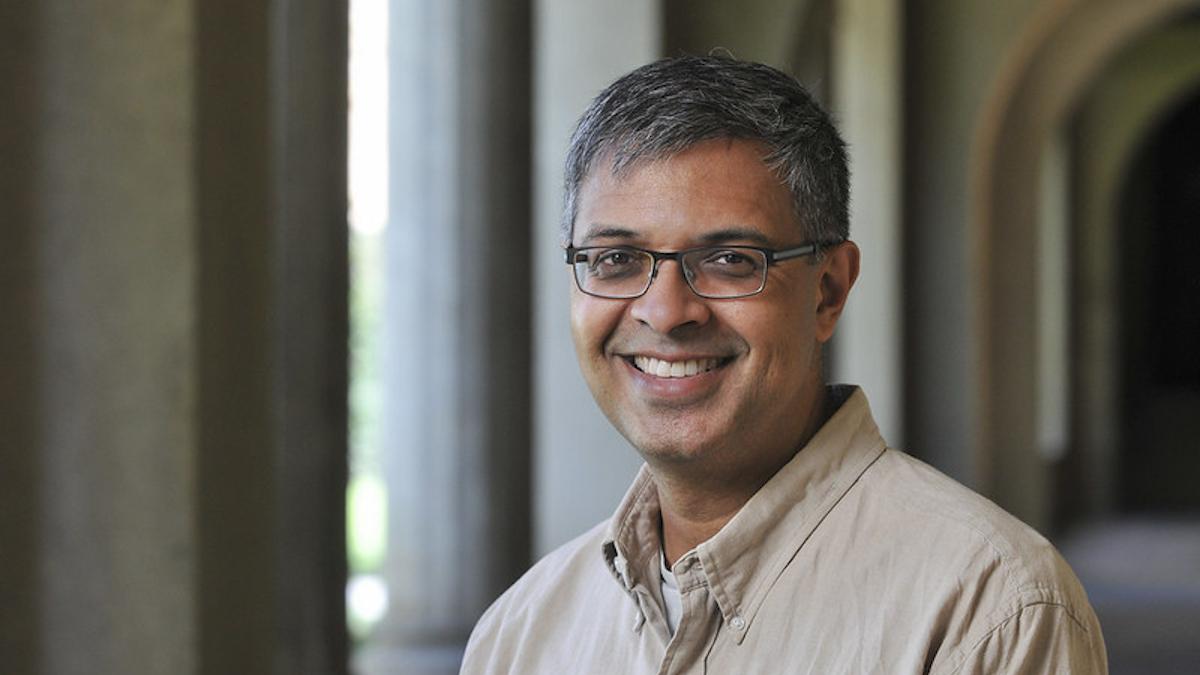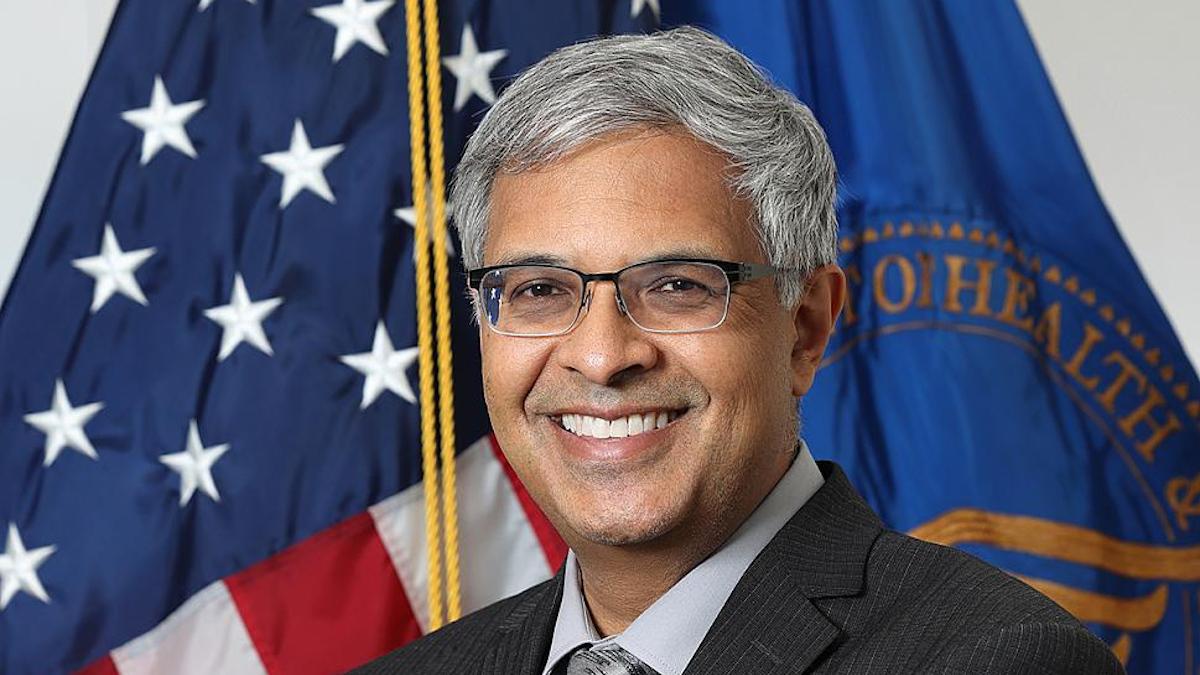Trump's NIH pick closer to role as court blocks budget cuts

Jay Bhattacharya
President Donald Trump's nominee for NIH director, Dr Jay Bhattacharya, fielded intense questioning on vaccines and cuts to research funding in front of the Senate Committee on Health, Education, Labour and Pensions (HELP), but seems to have made enough of a case to take on the role.
Bhattacharya, a physician and health economist at Stanford University School of Medicine, was a prominent opponent of lockdowns during the COVID-19 pandemic and argued instead for focused protection of vulnerable individuals and allowing the virus to spread and generate herd immunity.
He told the hearing that he was committed to making sure researchers have access to the resources they need to carry out their work, despite the Trump administration's bid to slash NIH funding of indirect costs borne by research teams at universities, hospitals, and other scientific institutions – such as maintaining buildings and equipment and paying for administrative personnel.
The cuts have the objective of saving $4 billion a year by reducing the indirect cost rate paid on NIH grants to a flat 15%, down from 50% or higher at many institutions.
That move was temporarily blocked by US District Judge Angel Kelley on 10th February at the request of 22 Democratic state attorneys general, medical associations, and universities, with a nationwide injunction imposed yesterday on the grounds that it may be unlawful.
Kelley's order said the cuts create "imminent risk of halting life-saving clinical trials, disrupting the development of innovative medical research and treatment, and shuttering of research facilities, without regard for current patient care."
Bhattacharya was vague when it came to explaining to senators just how he would make sure that NIH-based research projects will have the funding they need and also distanced himself from some of the seismic changes at the agency under Trump's second term, including the near-total halt on new grant awards and thousands of job cuts. He also made no commitment to rehire any staffers who have already lost their jobs.
He came out in favour of vaccination programmes overall when questioned about the ongoing measles outbreak in the US – which has already claimed a child's life – but also showed support for new Health and Human Services Secretary Robert F Kennedy Jr's stance on looking again at the data to see medicines and vaccines are playing a role in the chronic disease epidemic.
"Science should be an engine for freedom, knowledge and freedom," said Bhattacharya. "It shouldn't be pushing mandates for vaccines," he added, in what appeared to be a reference to COVID-19 immunisation programmes.
He also said he was open to further studies to explore the safety of childhood shots, including whether there is a link to autism, whilst saying he did not "generally believe" there is a link.
That comment sparked irritation in Senator Bill Cassidy, a staunch proponent of vaccines, who said: "If we continue to plough the barren ground of something that has already been validated multiple times, that there is not a connection between vaccination and autism, we don't have the money to go after the real thing."
Overall, the indications were that Bhattacharya had done enough to persuade the HELP committee that he was a suitable candidate for the post. If confirmed, he will take the helm of an agency with a budget of around $47 billion and around 20,000 staffers – at least before the latest cuts to probationary employees.
In fiscal 2023, the NIH provided around $35 billion in funding overall, providing almost 50,000 grants to more than 300,000 researchers, which makes it the world's biggest funder of biomedical research.












